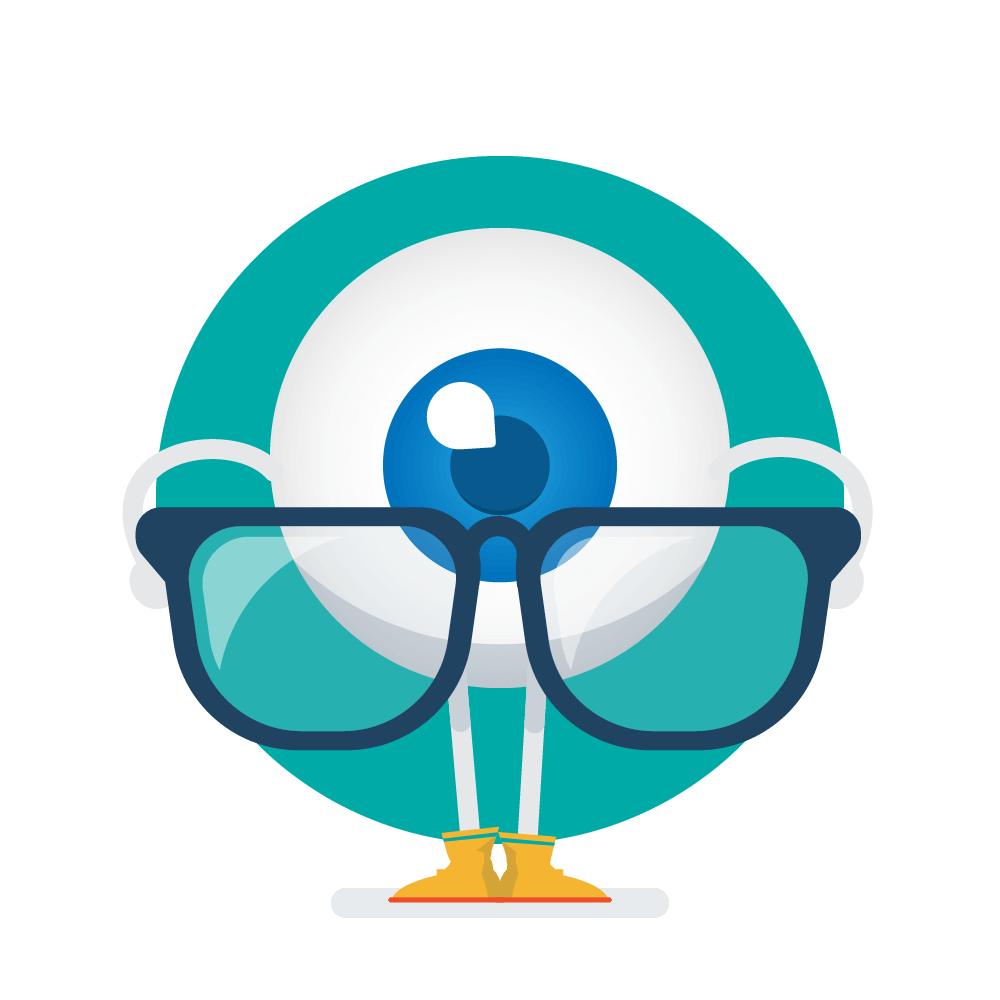This blog will discuss symptoms a parent should look for in their child that might indicate their child has an underlying vision problem. Or, if you're a teacher, how to identify if some of your students might have a vision problem.
According to experts, 80% of what a child learns in school is visual. Children must have good vision in order to reach their full academic potential.
What are the different physical symptoms that your child has a vision problem?
The physical symptoms that can be associated with a vision problem would be:
- Frequent headaches on school days
- Eye rubbing
- Eye strain
- Blurry vision after they've been reading for a period of time
- Words swimming around on the page
- Double vision
- Tilting their head when reading
- Losing their place when reading
- Covering up one eye when reading
Less obvious symptoms of a vision problem
The less obvious symptoms that can be associated with a vision problem would be:
- Poor reading comprehension
- Not being able to read up to their grade level
- Poor handwriting skills
- Difficulty in comprehending certain math concepts
- Poor visualization skills
If your child shows any of these symptoms or finds it difficult to do their daily activities, please schedule an eye examination with our eye doctor in Hixson.
Impact of a vision problem on children
It is very important to identify these problems and to identify them sooner rather than later, as they can have a very profound impact on a child's self-esteem or self-confidence. The child begins to compare himself or herself to other students in class, and thinks that if everyone is doing it, and they aren't, that must mean they aren't smart. Once our eye doctors are able to diagnose and treat these problems, these children realize their intelligence had nothing to do with the problems they were facing in the classroom. It had everything to do with how much their vision interfered with their ability to learn in the classroom.
How to treat learning-related vision problems?
Treatment of a learning-related vision problem depends primarily on the underlying cause. It may be treated with prescription eyeglasses or contact lenses to improve distance or near vision. Our Chattanooga optometry clinic provides vision therapy, which involves a series of exercises aimed at treating learning-related vision problems. Vision therapy may include use of prism lenses, patching (an eye patch on the lazy eye), a Brock string (to treat convergence insufficiency) and many other exercises to enhance vision. Typically therapy is done in office once a week for 36 sessions, working one on one with a vision therapist. They will be given exercises that are done at home during the remainder of the week. These exercises are tailored to the underlying condition and the progress of the patient. Vision therapy may not only improve their academic performance drastically but also their self-esteem.











